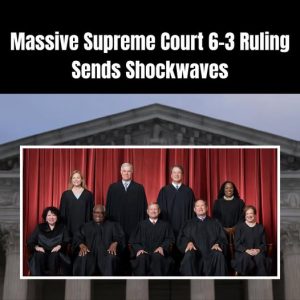A federal judge in Rhode Island, John J. McConnell Jr., issued a ruling ordering the U.S. Department of Agriculture (USDA) to secure funding for the Supplemental Nutrition Assistance Program (SNAP) amid the federal government shutdown. He emphasized that congressionally-approved contingency funds must be used to prevent disruption of benefits for the approximately 42 million Americans who rely on the program. In a footnote to his order, McConnell also commended Donald Trump for his “quick and definitive response … and his desire to provide the necessary SNAP funding.”
The judge set a clear timeline: if full benefits are to be paid, they should be issued by end-of-day Monday, November 3; if only partial funding is feasible, then the reduced benefits must be issued no later than Wednesday, November 5. McConnell rejected the USDA’s argument that contingency funds could not be used because of the shutdown, noting that during a prior shutdown the Trump administration had issued guidance that such funds are available.
In response to the court order and comment by the president, the administration announced it will tap about $4.65 billion to $5.25 billion in contingency funds to facilitate November SNAP benefits—covering roughly half the usual monthly payout. Although this does not fully meet the estimated $8 billion-plus cost of a full month’s benefits, the judge explicitly told the government it should “find the additional funds necessary” if it chooses to fully fund the program.
The rulings and administrative actions come amid broader political and social stakes: the shutdown has left SNAP’s vulnerable beneficiaries facing potential hunger, which has triggered legal, humanitarian, and political consequences. In his written order, McConnell noted that without timely payments “irreparable harm will begin to occur” for families dependent on the program. The president’s engagement and the judge’s acknowledgement underline how federal aid programs and executive response are intertwined in this crisis.



